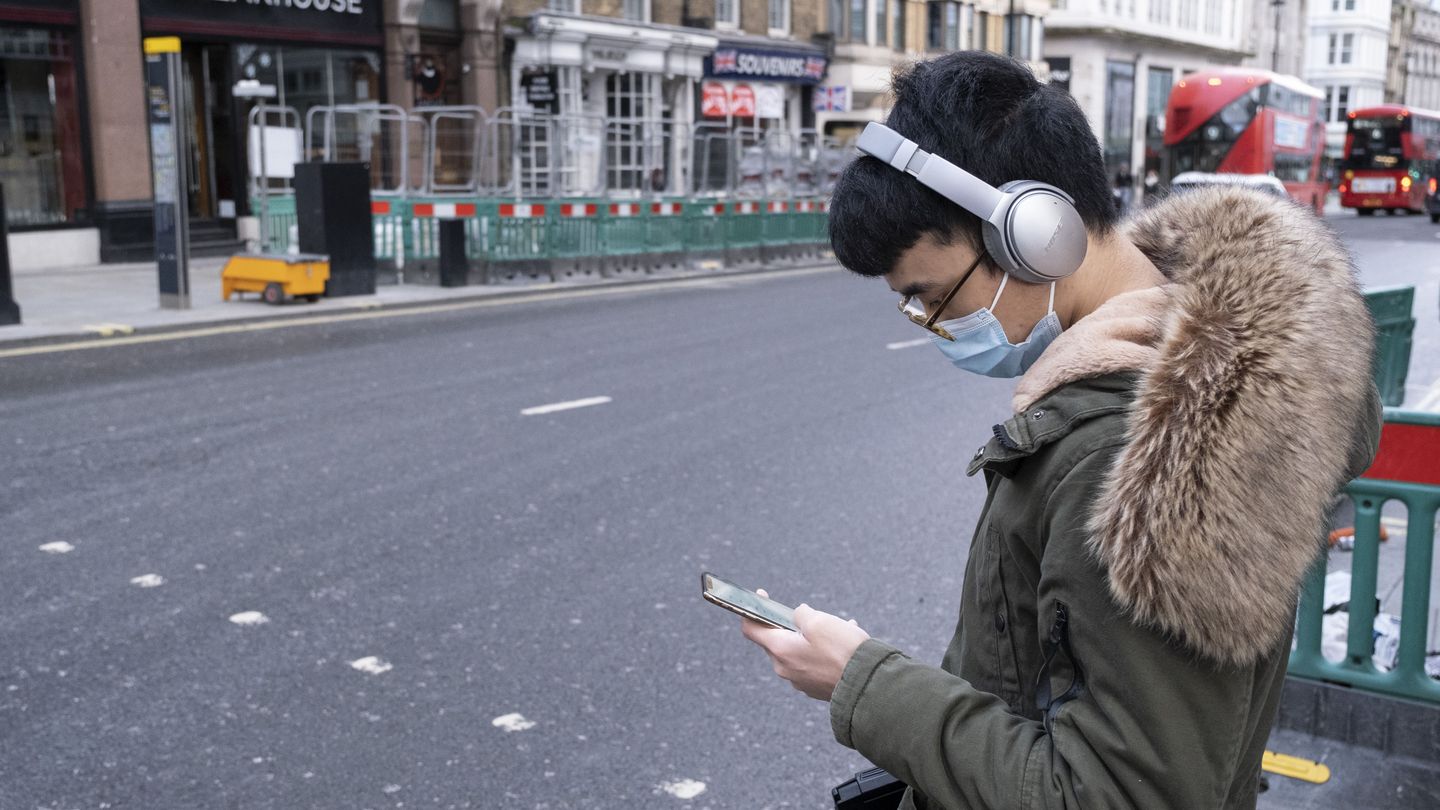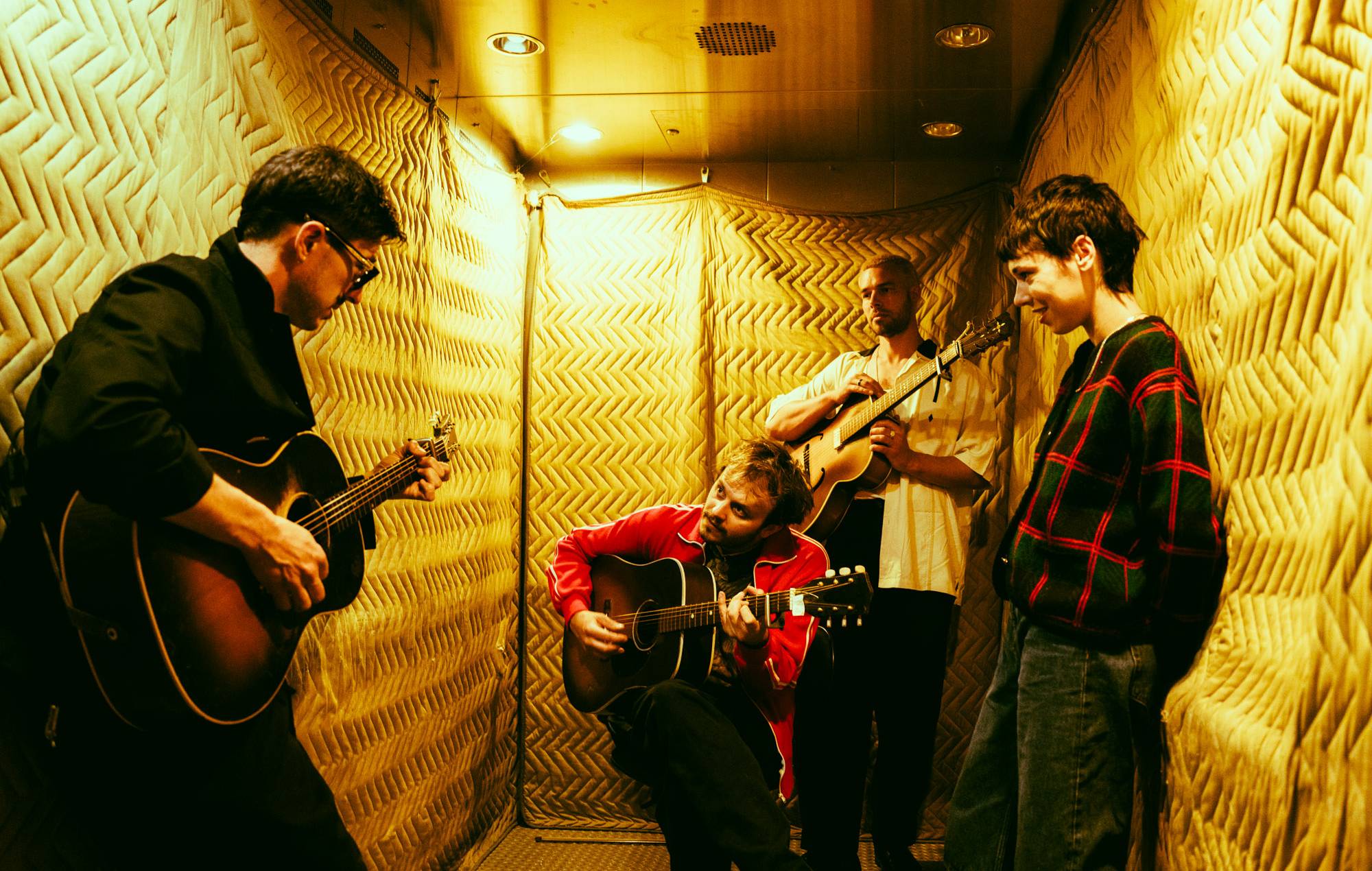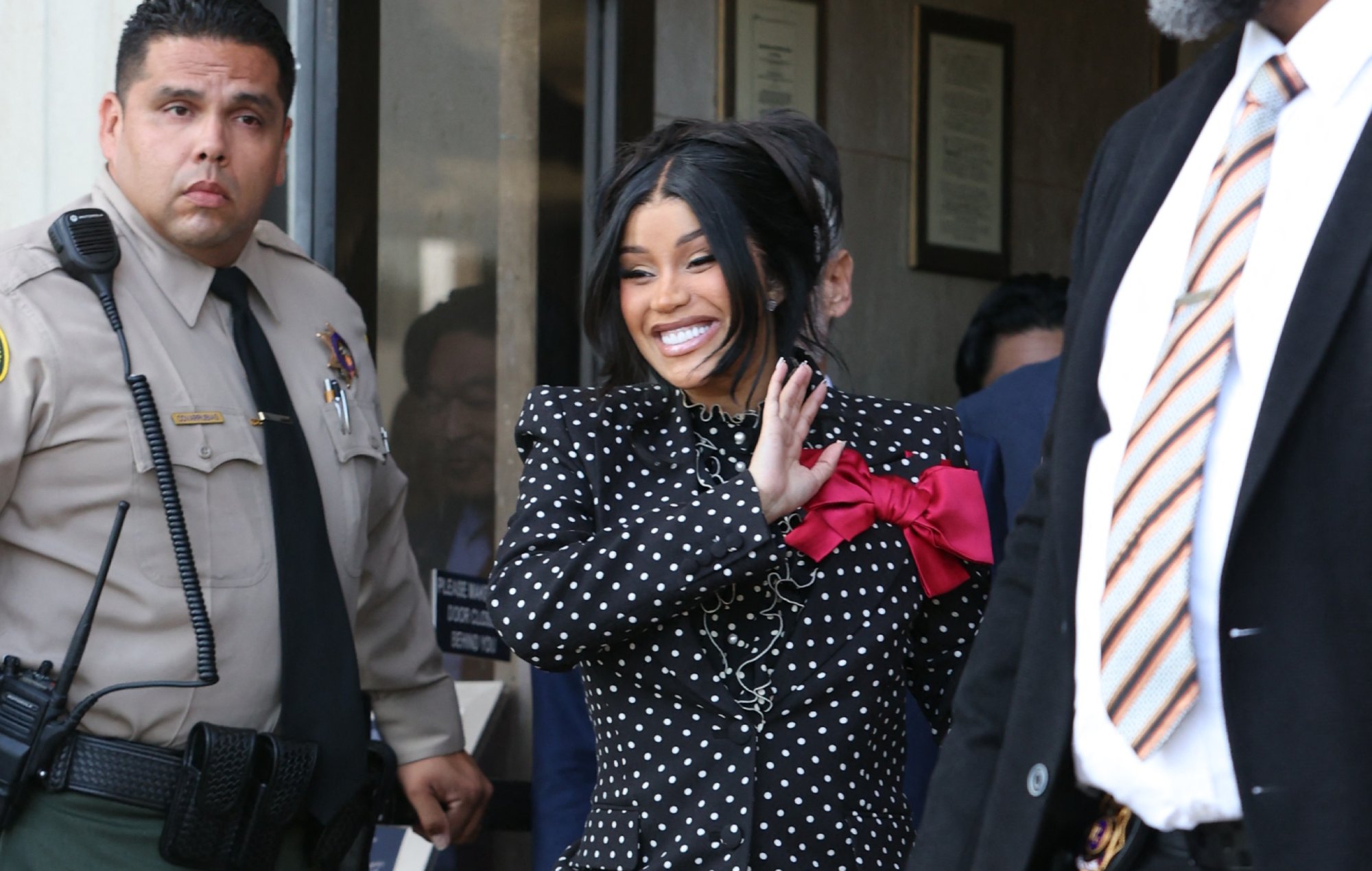By Larisha Paul
At the start of 2020, 15-year-old Joey Khor spent her days anticipating the weekly meeting of her Malaysian high school’s choir club. Not for the practices where the group tried to perfect the setlist to their upcoming performances, but for the spontaneous moments when everyone suddenly broke into song. “It always sounded better when we were having fun and singing when we felt like it,” Khor told MTV News, reminiscing on belting out Ariana Grande’s “7 Rings” and Jessie J’s “Flashlight” with her peers. “When lockdown came, I remember thinking, what’s gonna happen now? There [would be] no times after school or at school to just have fun with people that enjoyed the same things as you.”
As the world approaches the one-year anniversary of enacting lockdown protocols in response to the COVID-19 pandemic, music fans continue to be isolated from key social outlets for meeting and bonding with their peers. Yet as after-school programs, concerts, and fan-centric events are on hold, more music is being consumed than ever before. MRC Data reports global on-demand audio song streams increased 22.6 percent throughout 2020, reaching 2.2 trillion streams across platforms. Now, young app developers are merging those two worlds, using listeners’ streaming data to create personalized social experiences with an emphasis on connecting them to users with similar listening habits and music preferences while in isolation.
Khor had initially taken to TikTok to find others who shared her musical interests, but she found the video-based social media app too intimidating. “There can be some judgmental people on there,” she says. So when a video came across her For You page announcing the launch of Musicpals.io, an anonymous messaging app that uses Spotify data to match users based on their most-played songs, Khor was all in.
@legitnotscott Programmer time hehe I love music
♬ original sound – scott hiett
“It doesn’t feel pressured,” Musicpals founder Scott Hiett tells MTV News. “I wanted to create something accessible and friendly to everyone.” The 17-year-old programmer wrote the code in three days over the Christmas 2020 holiday weekend, hoping to bring together a dozen of his friends and maybe reach a few hundred users. After launching the app on December 27, Hiett made a TikTok about the site for his 50 followers and it went viral overnight. The video, which now sits at 2.6 million views and 650,000 likes, brought in more users than Musicpals could handle, so he rushed to recode the site to accommodate its new user base.
With 4 million logged matches, the 1 million users on Musicpals “have actually found like-minded people because it’s based on your passions of listening to music,” Hiett says. For Charlotte Grace, 20, the app has offered a chance to make new friends as she completes her first term of university entirely online. “I matched with a girl who listens to the K-pop group Seventeen and we found that we live pretty close to each other,” Grace says. After exchanging Instagram handles, the pair have spoken frequently and hope to meet in person once lockdown restrictions are lifted in the United Kingdom. “I think we could be really good friends.”
“I think the exciting factor that Musicpals gives you is that risk of never speaking to that person again,” says Hiett, who purposefully designed the site to never match the same two people more than once. That gives each interaction a unique and thrilling feel where the stakes are high and each DM could be kismet. The comments beneath Hiett’s original TikTok post and Twitter’s Musicpals tag are riddled with missed-connection stories as users hope to be reunited with their matches who were lost when the site either crashed or refreshed. “It makes it feel like the suspense is so much higher — when you drop into a chat with someone with music that you both love, you know you’re going to get on. But you have to act fast, or you’re never going to see them again,” he says.
Londoner Katie McDermott, 22, matched with Californian Zoe on Musicpals through mutual love of Conan Gray’s “Heather.” The pair were already an hour into their conversation about life in lockdown and the differences in their countries before they even exchanged names. “Since we’ve been in lockdown, it’s quite nice to speak with new people,” McDermott says. She and Zoe were messaging back and forth for over three hours when they were suddenly disconnected. “I was a little disappointed since we were speaking for so long and it just happened mid-conversation,” she explains. “I didn’t get a Discord or anything from her to possibly speak in the future, but that’s life.”
For some music fans, knowing that their tastes align with other people’s is enough for now, even outside of Musicpals. Inspired by the idea of providing comfort through relatability, Matthew Meyer began creating and sharing Spotify playlists with his TikTok audience of nearly 40,000 followers. The playlists typically try to evoke specific scenarios, like summer nights, watching sunsets, and falling in love. “Everybody felt so isolated lately,” Meyer, 19, says. “It feels like we are in our own world, even though we’re all together.”
On occasion, Meyer will create playlists tailored specifically to individual followers based on the emojis that they think best describe themselves. The series has done wonders for his engagement on the platform, with one video receiving 10,600 comments, but it’s also helped him communicate with his audience solely through music. “If I say, here are 10 songs just for you, based off of your vibes,” he explains, “I like to think that that person sitting in bed alone [can feel like] these songs are made just for me, and I’m going to dance to them and it’s going to make me happy.”
@matthew.meyer Reply to @madiep.raps this one makes me wanna walk around in a big city and gaze up at the skyscrapers 🙂 #newmusic #spotify #playlist #citylife
♬ original sound – xxtristanxo
The popularity of Meyer’s playlist videos, which have amassed over 1.5 million likes, caught the attention of David Yap, co-founder of social media platform SameTunes that launched in August 2020. A joint effort by Yap, 23; Marc Frankel, 21; and Bonnie Sun, 22; the app uses data collected from Spotify and Apple Music to give users access to their top songs, artists, albums, and genres. SameTunes partnered with Meyer to elevate their platform, which currently boasts 10,000 users, and to offer his audience a chance to compare their listening habits to his own. “It gives them a compatibility score and it’ll make them their own playlist with a mashup of my music taste and their music taste,” Meyer says. “It doesn’t perpetuate the gatekeeping I try very hard to keep out of my TikToks [by putting] disclaimers in the comments saying my music taste doesn’t dictate what is good music,” he adds of the strictly data-based app.
“We’re always trying to dig deeper into ourselves and we see that music plays such an important part of that,” says Yap, who refers to SameTunes as a year-round version of Spotify’s annual Wrapped personalized data roundup. Speaking with hundreds of fans to better understand how they connect through music, he discovered that a lot of people create playlists with, and for, their friends and family as a way of communicating without speaking directly.
“It’s such an intimate thing,” Yap says of sharing music. “It’s like a love language.”







